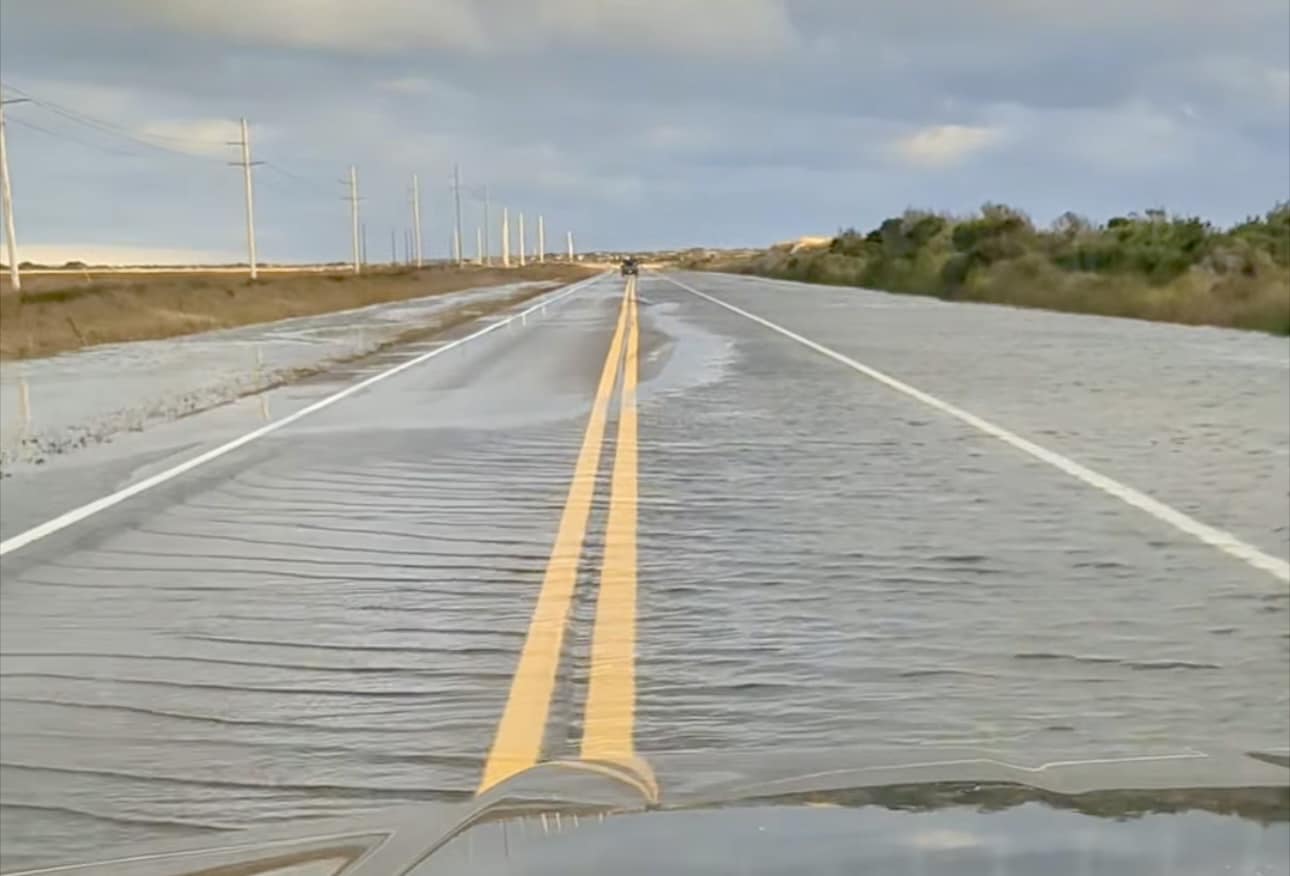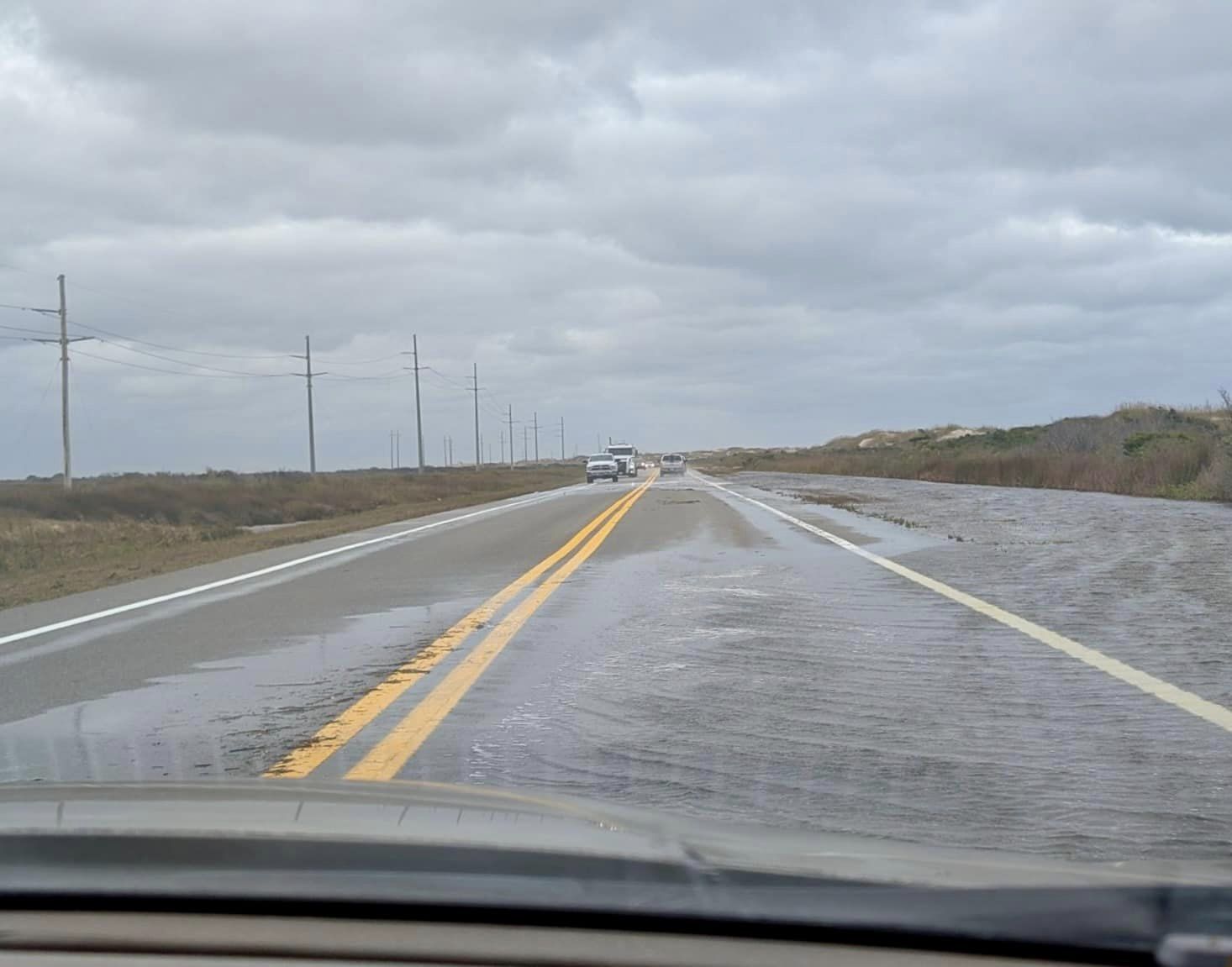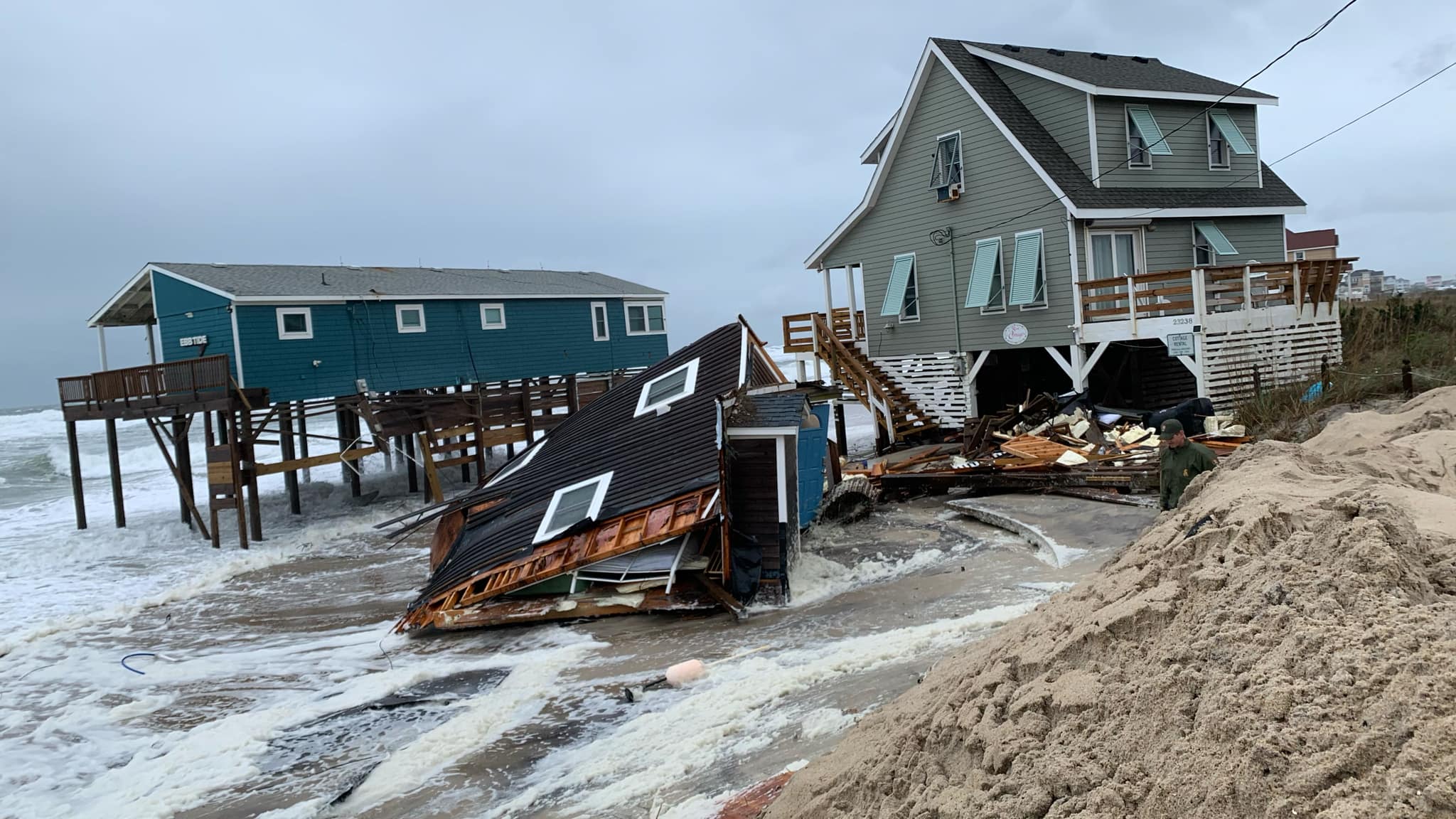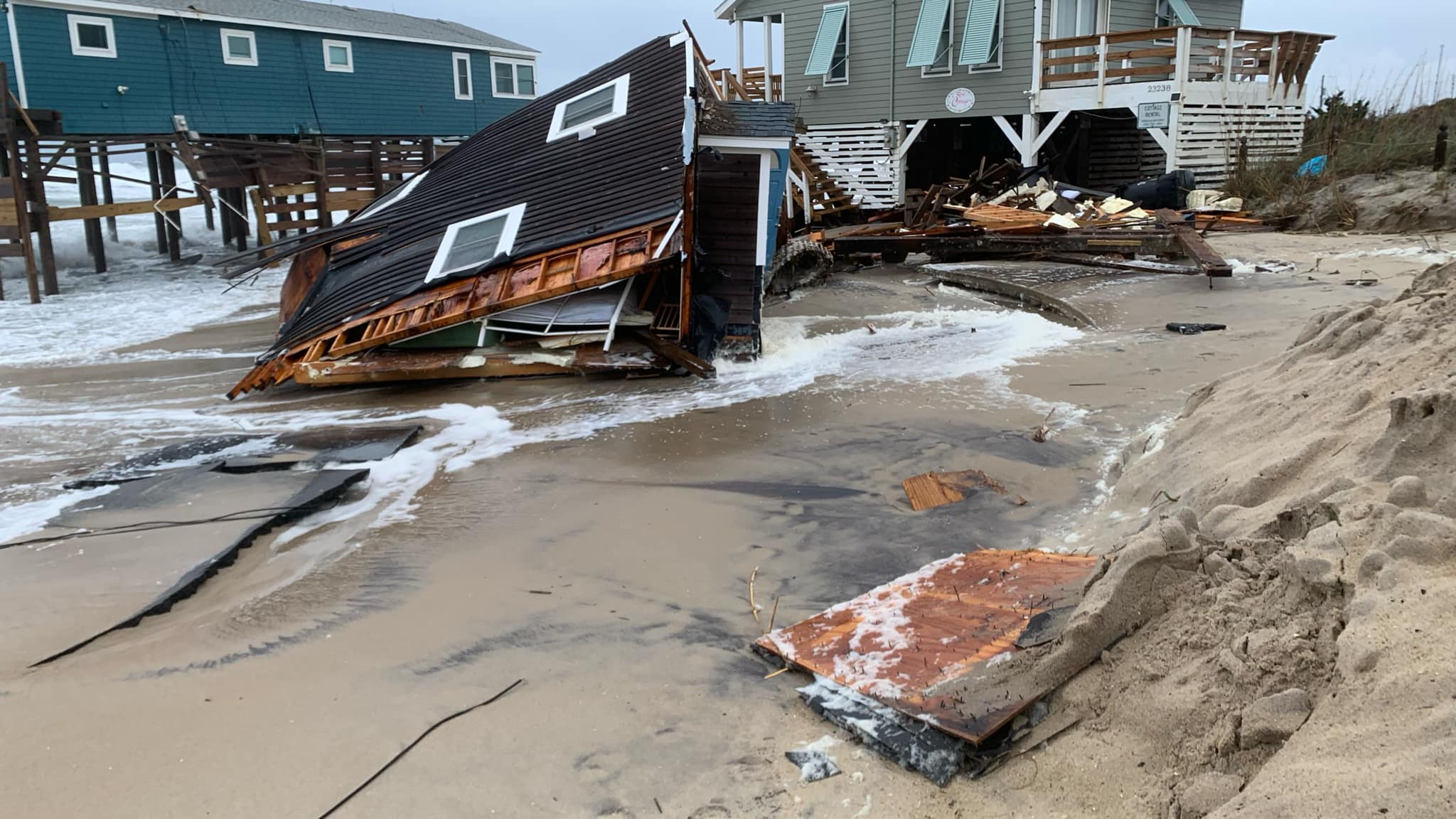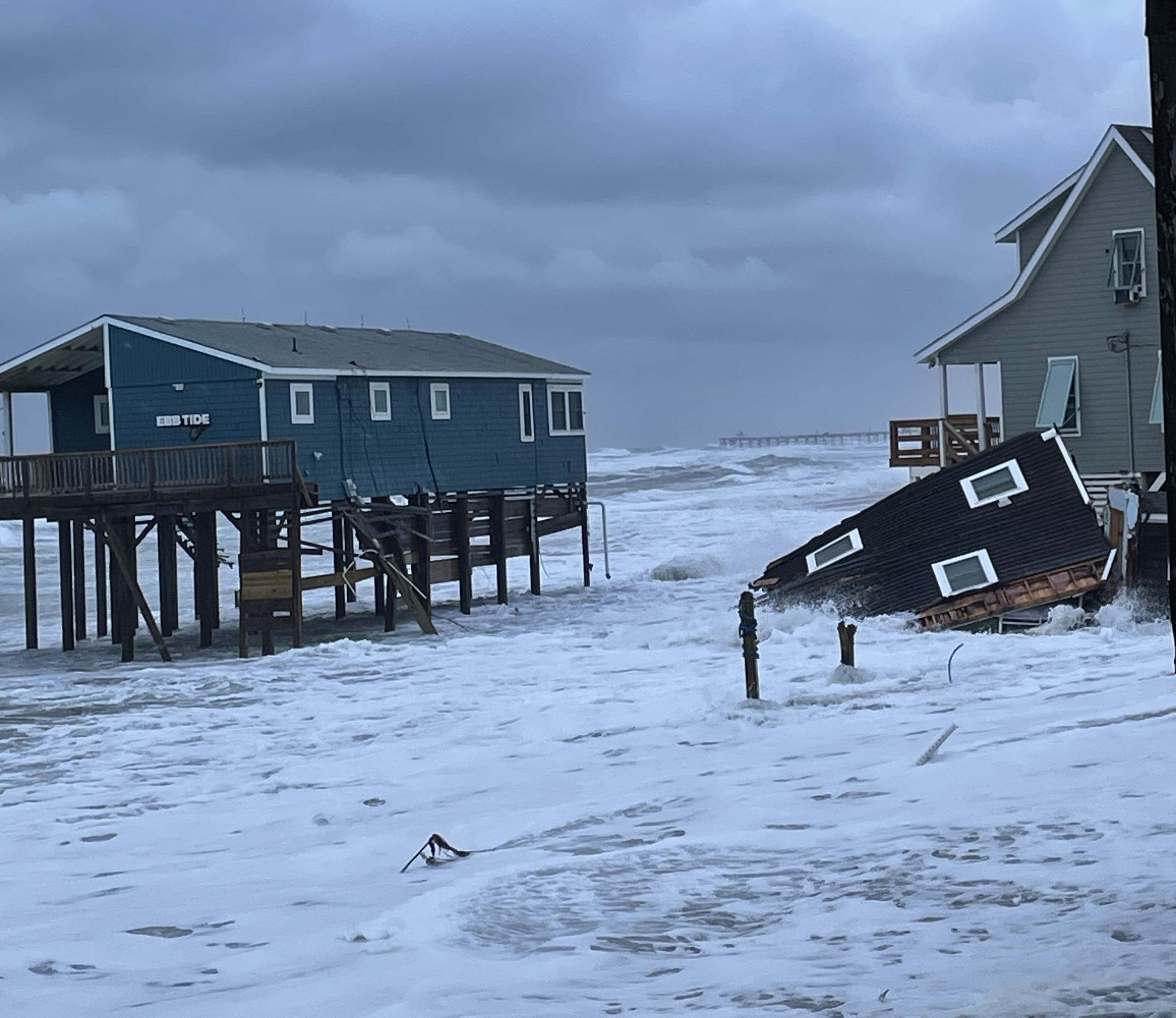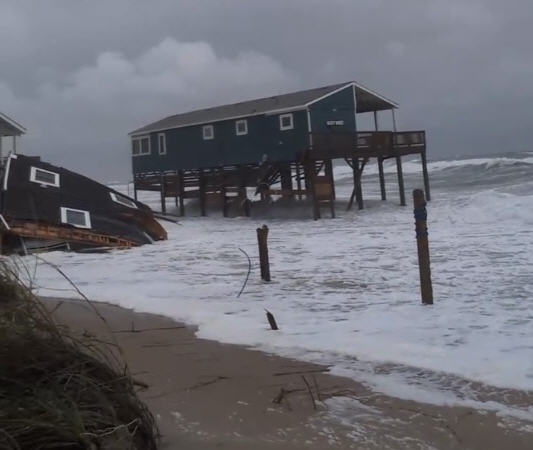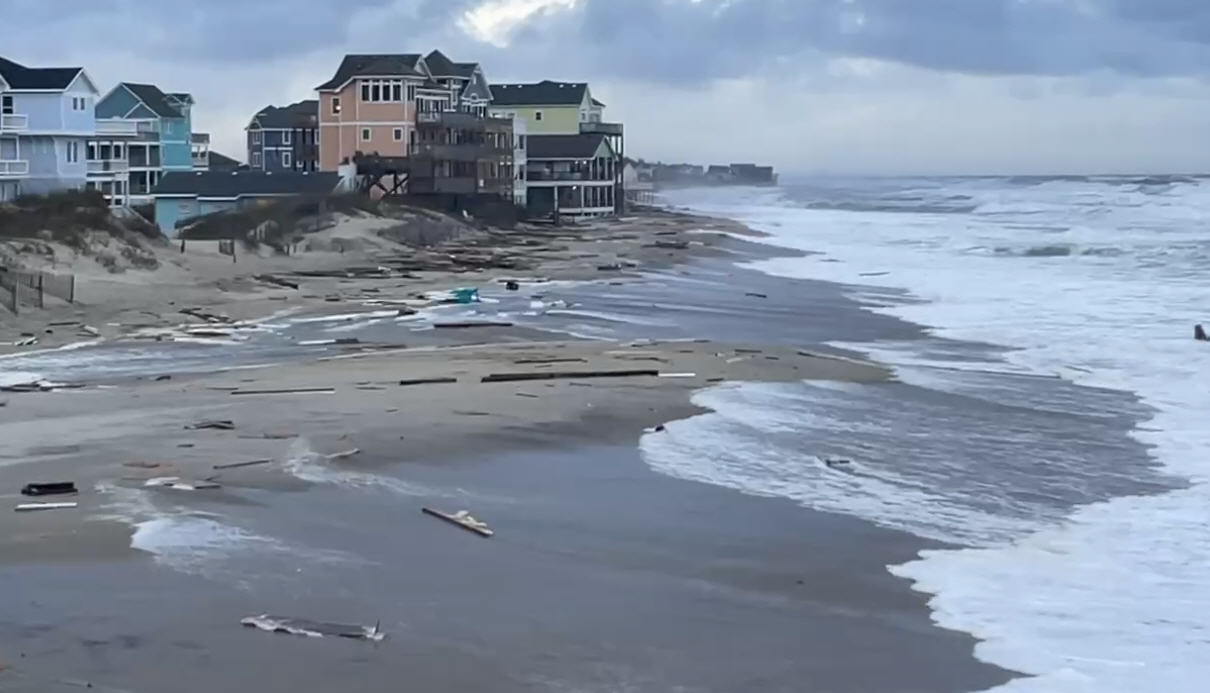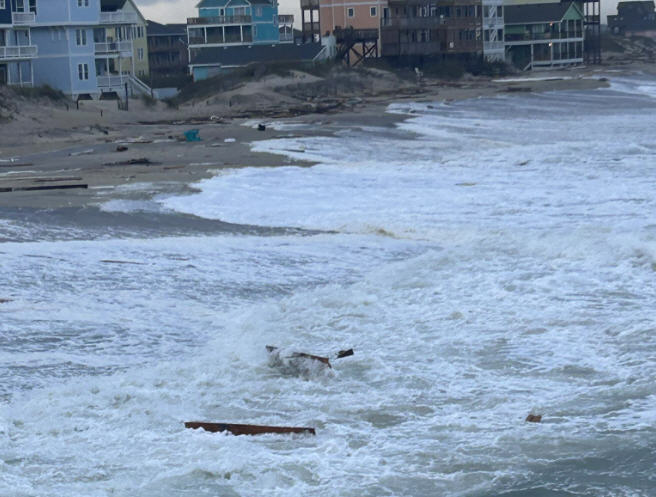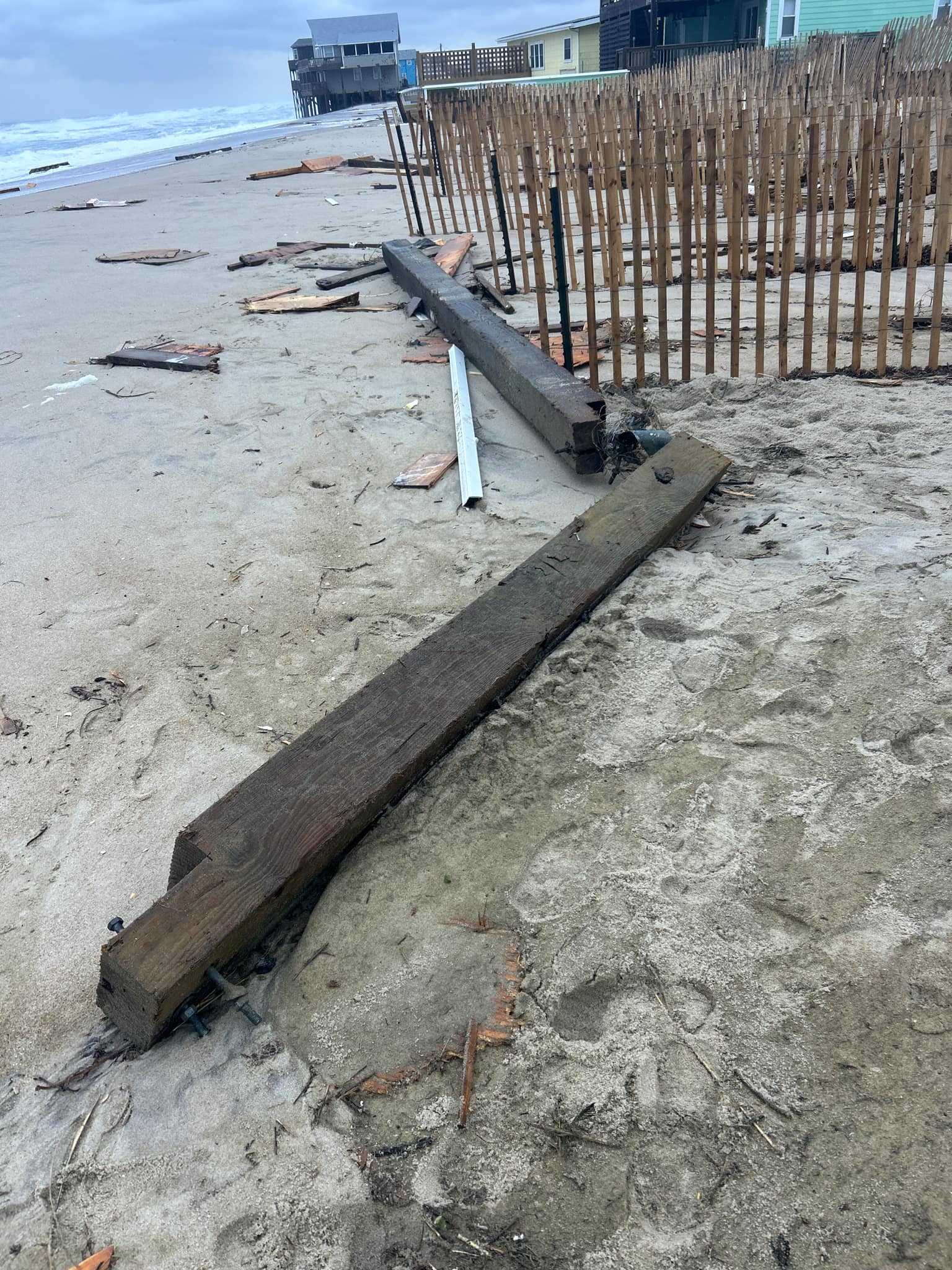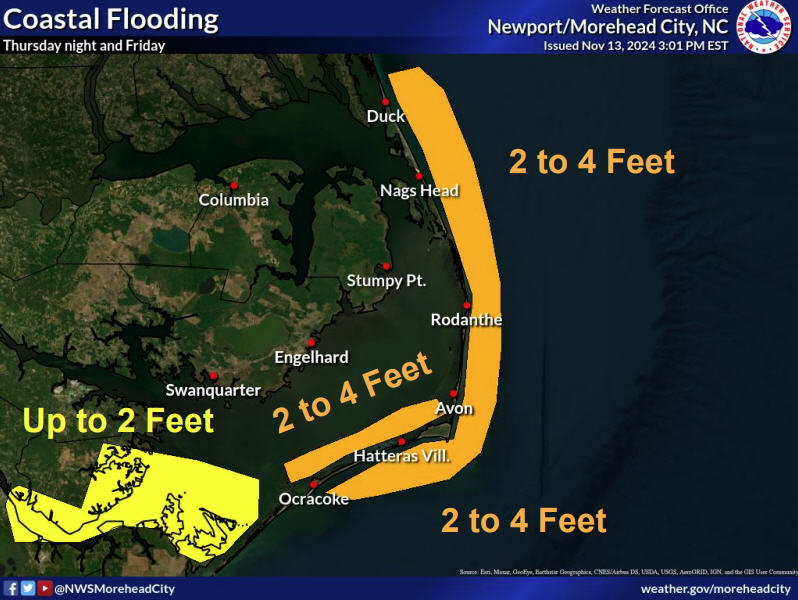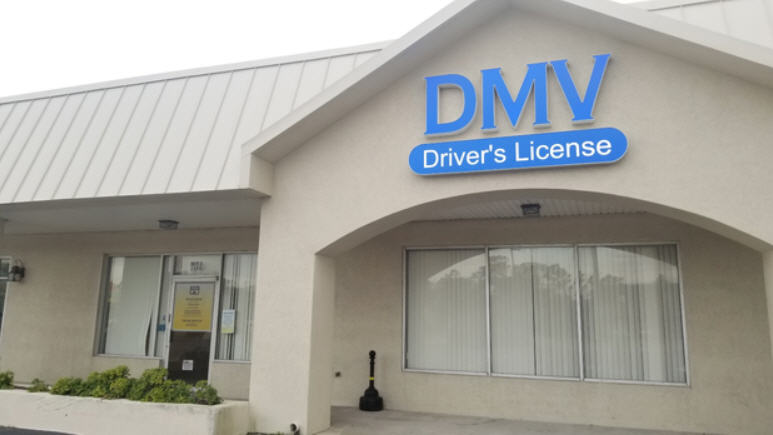Ocracoke Health Center receives grant for funding for telemedicine
Last week, the Ocracoke Health Center was awarded a $358,967 Distance Learning and Telemedicine grant from the U.S. Department of Agriculture.
The Ocracoke Health Center has partnered with the North Carolina Office of Rural Health and Community Care and Brody School of Medicine to establish a telehealth “virtual health safety net” in Dare and Hyde counties.
This will specifically link health care access points designed to meet the needs of low-income and underserved Dare and Hyde county residents with specialty care, behavioral health care, and even primary care.
These health care access points include the Ocracoke Health Center, Engelhard Medical Center and Hyde County Health Department in Hyde County, and the Hatteras Village Medical Center, two sites of the Dare County Health Department and the Community Care Clinic of Dare County.
“We want to increase patient access to specialty care that, due to geographic land and sea barriers, many patients delay or forgo,” said Cheryl Ballance, administrator of the two health centers in Hyde County.
“By offering teleconferencing-driven specialty appointments at the local health care access points, patients will receive care when and where they need it.”
She hopes that we also will be able to expand behavioral health care access for uninsured and indigent populations who often have to wait for services due to local provider shortages and travel and financial barriers.
The project will also provide each of these access points with the opportunity to receive teleconferencing-based consultation and education from the North Carolina Office of Rural Health and Community Care that will help maximize clinical operations and integrate clinical and operational best practices.
This funding will facilitate communication between the sites in order to maximize and share resources. It will also allow the sites to offer their professionally isolated health care providers with opportunities to interact with peers and participate in educational opportunities, since such access is an important factor in physician/clinician recruitment and retention.
This grant money is specifically for the purchase of cart-based video conferencing units specialized for the medical practice and will allow 12 simultaneous connections with high definition video. The project also includes peripheral technology, such as digital stethoscopes for exams and laptops used to access patient records.
“These distance learning and telemedicine grants, administered through the Rural Utilities Service can eliminate the barriers of time and distance that often challenge rural areas,” said Randall Gore, USDA Rural Development state director.








